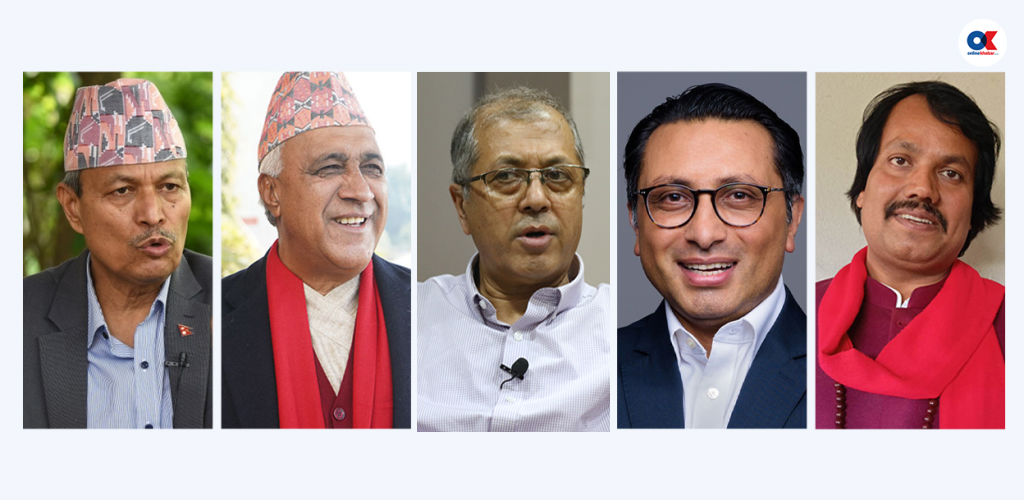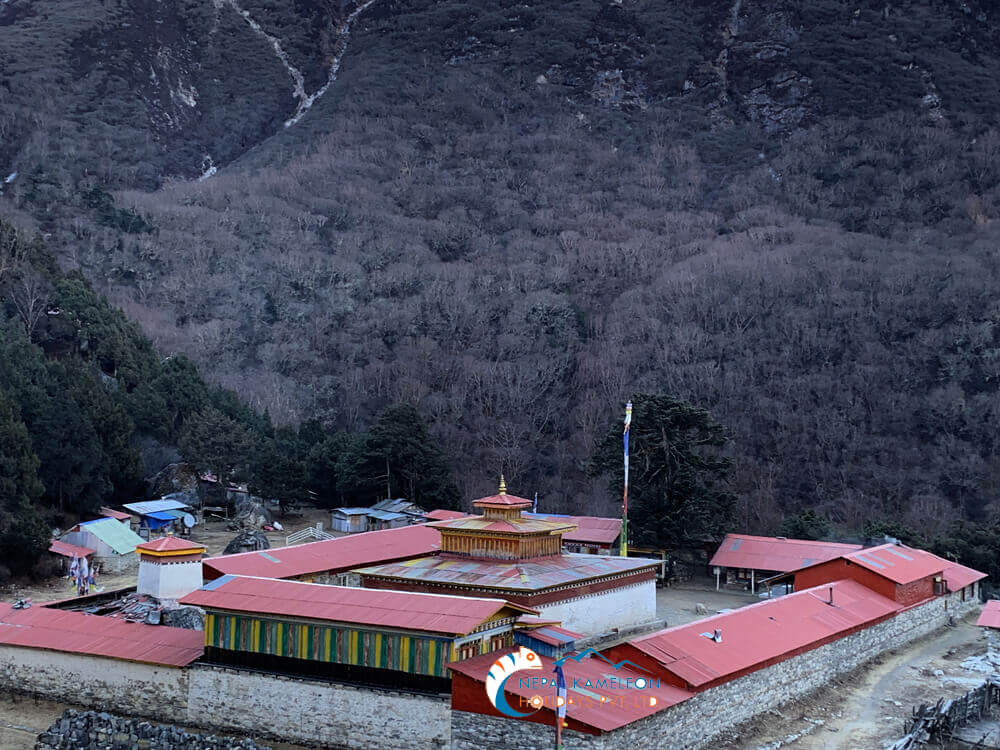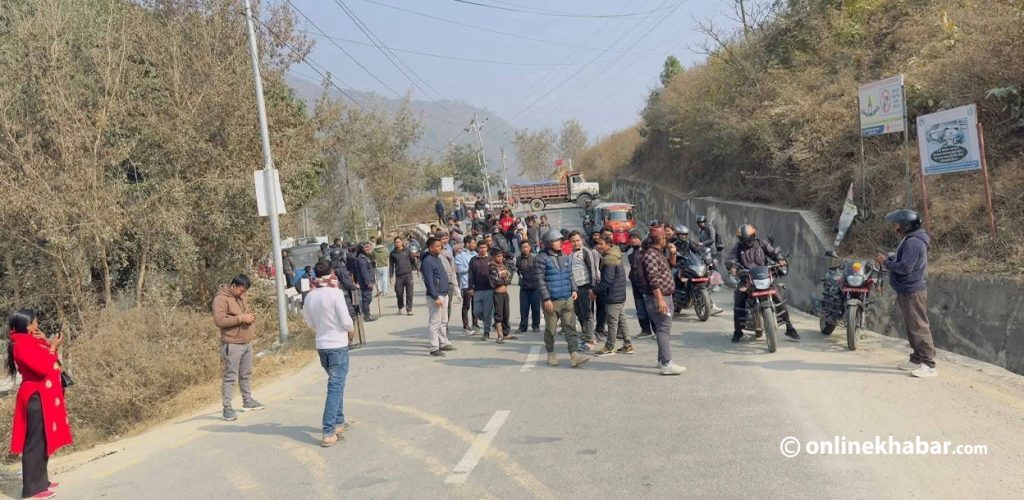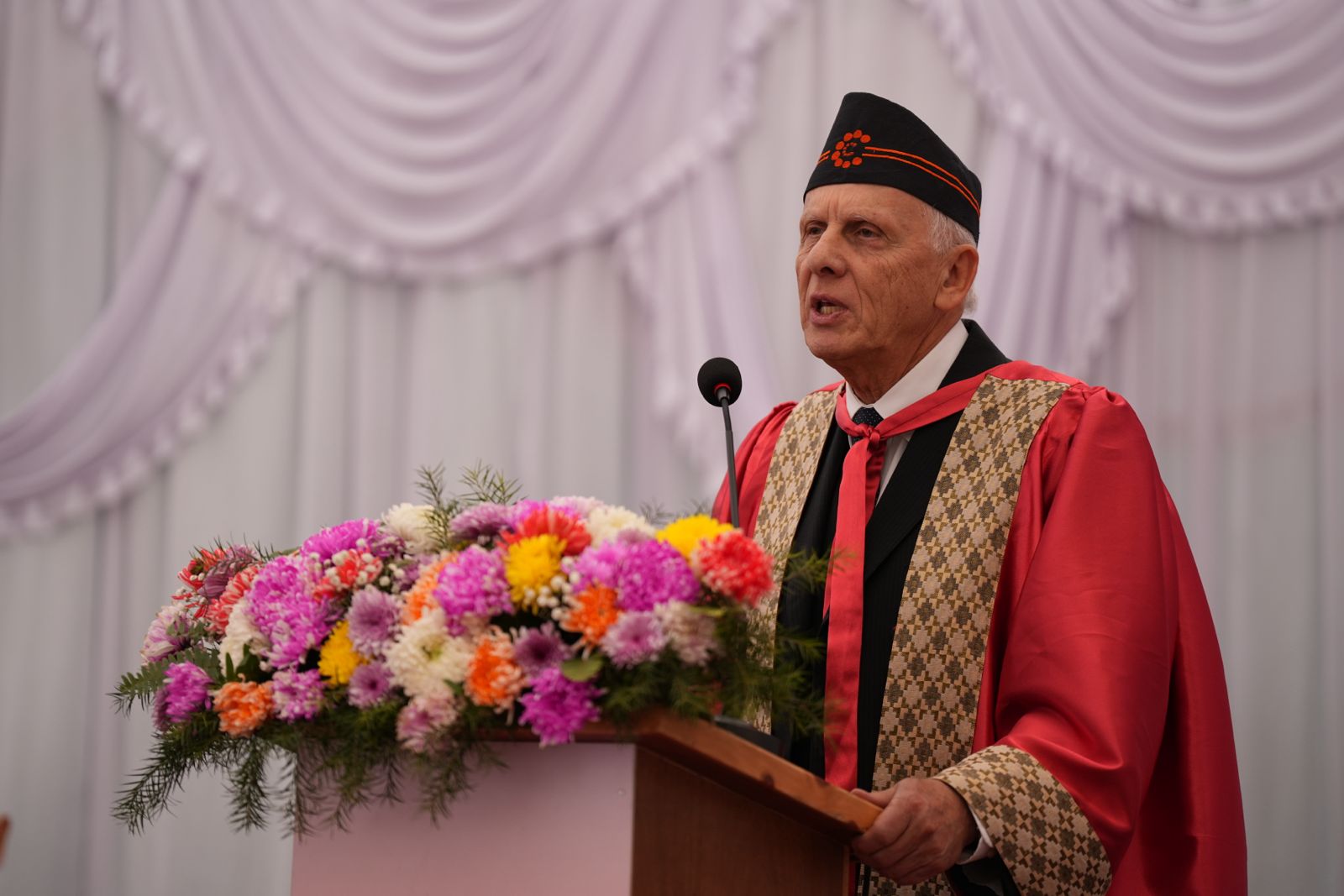
Monsoons in Nepal are particularly soothing. The rain not only freshens up the atmosphere, but it also washes the physical dirt. There is something calming about the sound of the monsoon rain which is accompanied by the croaking of frogs and view of lush green fields everywhere.
In a country where a major part of the population is still dependent on agriculture, the monsoon itself also marks a festival for farmers. The 15th day in the month of Asar (or Aashadh), popularly called Asar 15, is being celebrated as an agricultural festival for centuries. Few years ago, the government endorsed the tradition and decided to celebrate it as Ropain Diwas or Dhan Diwas (National Rice Plantation Day or National Paddy Day).


Ropain Diwas has a strong relationship with people in almost all parts of the country and also impacts their cultural and economic life. On the day, early in the morning, women and men assemble together to parade around their village before going to the fields.
The farmers put on their traditional clothes to demonstrate the fanfare. For example, in villages on the outskirts of Kathmandu Valley, Newari women celebrate the festival wearing the traditional dress (Haku Patasi) and various traditional ornaments to mark the start of the festival.

Both men and women visit the wet and muddy fields and relish the experience of rice plantation. Farmers are seen in the paddy field planting together with joy.
Particular responsibilities are shared among men and women. Men plough the field, arranges drain water, levels the fields and make fine mud slurry for the plantation.

Women gather the seedlings and pass them to the fellows who are ready for plantation. Everyone join hands together. They celebrate the day organising various games like planting the allotted field, running in the muddy field, splashing with muddy water, singing typical folk songs (Asare Geets) which describe joys and pains of farming life.

In the afternoon, the men’s group performs an enactment of the rice planting through dance and music, wearing women’s dresses. The festival reveals common goals and common joys of men and women for their farming life. It surpasses the great message of happiness, and reflection of weather.

In recent years, the festival has become popular amongst the tourists visiting Nepal. They have enjoyed participating in this unique festival. You will find many tourists who won’t hesitate to dive into the muddy water and enjoy this day with their friends and the locals.

The festival also helps unify the local community because every household sends a member to support other families during the festival. Over the years, many organisations in Nepal have been holding song competitions and other programmes on this day with a motive to promote agro tourism.
This festival seems to reflect the message of rice farming and reciprocal labour use techniques, mutual commitment and cultural demonstrations through various activities.

The day also marks the start of the planting period. The day symbolises one of the most important agricultural practices in the country and is a special day for the Nepalis.
Among many of the celebrations in Nepali culture, Ropain Diwas holds a unique national importance. This festival is celebrated in different traditional ways in rural parts of Nepal, where agriculture and cattle husbandry is still major occupation for livelihood and income generation.
Photos: Bikash Shrestha






















